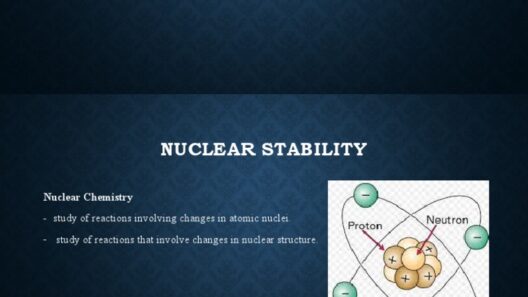In an era characterized by rapid technological advancement and an increasing reliance on energy-intensive resources, the question arises: How can humans help conserve energy in the modern age? This inquiry not only challenges each individual but also invites collective participation in a global initiative that has profound implications for the planet’s future. This exploration will unveil various practices—ranging from individual actions to systemic changes—that can foster a more sustainable relationship with energy consumption.
Firstly, one of the most direct methods for energy conservation is through the modification of consumer behavior. Consider the ubiquitous household appliances that adorn every modern home. The delivery of power to these devices constitutes a significant portion of energy expenditure. The efficient use of energy begins with the conscious decision to select energy-efficient appliances certified by recognized standards. For instance, devices that bear the Energy Star label consume less electricity and have a diminished environmental impact. Thus, investing in such appliances, despite their potentially higher initial cost, can yield substantial savings on energy bills over time while simultaneously reducing the carbon footprint.
Furthermore, a shift in daily habits can lead to remarkable energy savings. Simple actions such as turning off lights when leaving a room, unplugging devices that are not in use, and utilizing natural light during daytime hours can collectively conserve significant amounts of energy. Have you ever thought about how many kilowatts are wasted when devices remain in standby mode? The phenomenon often referred to as “phantom energy” is a silent contributor to higher energy consumption. This brings us to the playful challenge: Can you commit to a week of deliberately unplugging devices and turning off lights to gauge the difference in your energy usage?
In addition to individual efforts, the modern age calls for a communal approach to energy conservation. Communities can implement collective initiatives aimed at reducing overall energy consumption. Local governments could facilitate energy audits for households and businesses, providing tailored recommendations for reducing their energy usage.89 Moreover, urban planning plays a critical role in energy conservation. The development of walkable communities with easy access to public transportation and essential services reduces reliance on automobiles, a significant source of energy consumption and greenhouse gas emissions.
One area where modern technology can significantly impact energy conservation is through the rise of smart technology. Smart home systems allow users to monitor and control their energy consumption in real-time. These systems can shift energy use to off-peak times, optimize heating and cooling settings, and even suggest energy-saving modifications based on historical patterns. However, the adoption of smart technology does not end with installation; it requires an informed and proactive user willing to engage with and adapt to the capabilities of these innovations.
Moreover, consideration must also be given to the renewable energy sector. Individuals can explore the viability of solar panels for their homes, an investment that can substantially reduce reliance on fossil fuels. While the initial costs can be daunting, government incentives, tax credits, and long-term savings on energy bills can make this option more accessible. Other renewable sources, such as geothermal and wind energy, offer additional pathways for energy independence and sustainability.
Moreover, energy conservation isn’t solely a residential concern; businesses also play a pivotal role. Corporations can adopt corporate social responsibility (CSR) strategies that prioritize energy efficiency. By engaging in sustainability practices, such as conducting life-cycle assessments and committing to carbon neutrality, businesses not only contribute to energy conservation but also enhance their brand image and consumer appeal. Consider the interesting challenge: how might businesses compete to be the most energy-efficient in their sector?
Educational endeavors represent another cornerstone in the quest for energy conservation. It is imperative to foster awareness about energy consumption among young people. Schools and educational institutions can implement curricula that focus on sustainability practices and the importance of energy conservation. Encouraging students to participate in energy-saving campaigns, such as “Earth Hour,” instills values that could lead to lifelong practices aimed at reducing energy consumption.
On a macro level, policy changes at governmental and international levels are essential for promoting energy conservation. Legislation that encourages renewable energy investments, sets stricter efficiency standards, and offers incentives for businesses contributing to energy savings can create an environment where energy conservation flourishes. Policies that promote research and development in energy-efficient technologies further fortify the foundation of sustainable energy practices.
Engagement in advocacy is also crucial. Individuals can participate in local initiatives, support energy conservation organizations, and demand that policymakers prioritize sustainable practices. Every voice raised in support of energy conservation adds to the momentum towards a future that values sustainability over mere convenience.
In conclusion, the quest to conserve energy in the modern age encompasses a comprehensive array of actions from individual habit changes to robust policy initiatives. By engaging in energy-efficient practices, advocating for sustainable policies, and leveraging technological advancements, humanity can tackle one of the greatest challenges of our time. Indeed, the question remains: Are you ready to embrace this challenge and become an active participant in the conservation of our planet’s energy resources?








